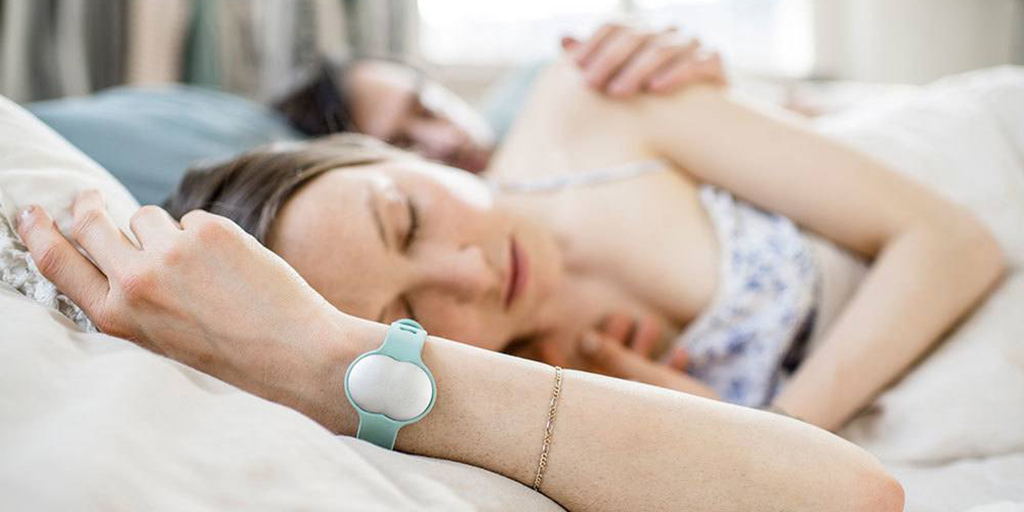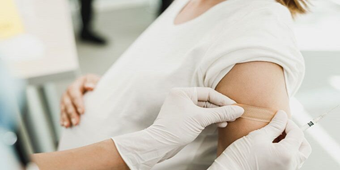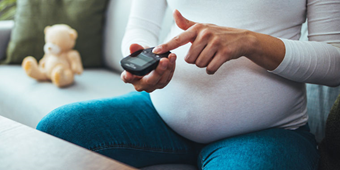'Fitbit for Fertility': Not a Cure-all, Says Fertility Specialist

Find Your Perfect Match
Answer a few questions and we'll provide you with a list of primary care providers that best fit your needs.
As Americans, we’re dazzled by gadgets that make our lives easier, more efficient and more productive — sometimes literally. Recently, makers of a wristband called Ava, which measures nine physical indicators of fertility, celebrated the first baby born with the help of this high-tech fertility tracker. Several other devices on the market also tout their ability to identify a woman’s fertility window.
Premier Health Now talked with Steven Lindheim, MD, Director of Reproductive Endocrinology and Infertility, Wright State Physicians, about the potential and limitations of these fertility tracking devices.
“There’s value in measuring your core temperature to know when you’re most fertile. Women may feel more engaged and find it easier to use a high-tech wristband for tracking ovulation,” Dr. Lindheim says.
He notes, however, that cost can be a down side (Ava sells for $199). “A low-cost thermometer also tracks basal body temperature to determine ovulation. Whether you drive a BMW or a Chevy, they’re going to get you to the same place.”
More importantly, Dr. Lindheim points out that pinpointing ovulation addresses only one of four main causes of a couple’s infertility:
- Scar tissue in the pelvis or problems with the fallopian tubes
- Problems with sperm
- Ovulation issues
- Conditions and diseases of the uterus
A fertility tracker, whose main job is to monitor when a woman ovulates and is most likely to conceive, cannot overcome obstacles such as scar tissue, uterine disease or sperm issues.
“If a woman has no other risk factors and has regular or regularly irregular cycles, an ovulation predictor can be helpful,” Dr. Lindheim says. He adds that it’s not useful for women who are totally irregular, because those women will tend to get a lot of false readings.
In the end, he advises, “Find something that suits your lifestyle. But if you’re over age 35, don’t wait more than three to six months of actively trying to get pregnant before seeking professional advice.”
Find Your Perfect Match
Answer a few questions and we'll provide you with a list of primary care providers that best fit your needs.
Source: Steven Lindheim, MD, Director of Reproductive Endocrinology and Infertility, Wright State Physicians




